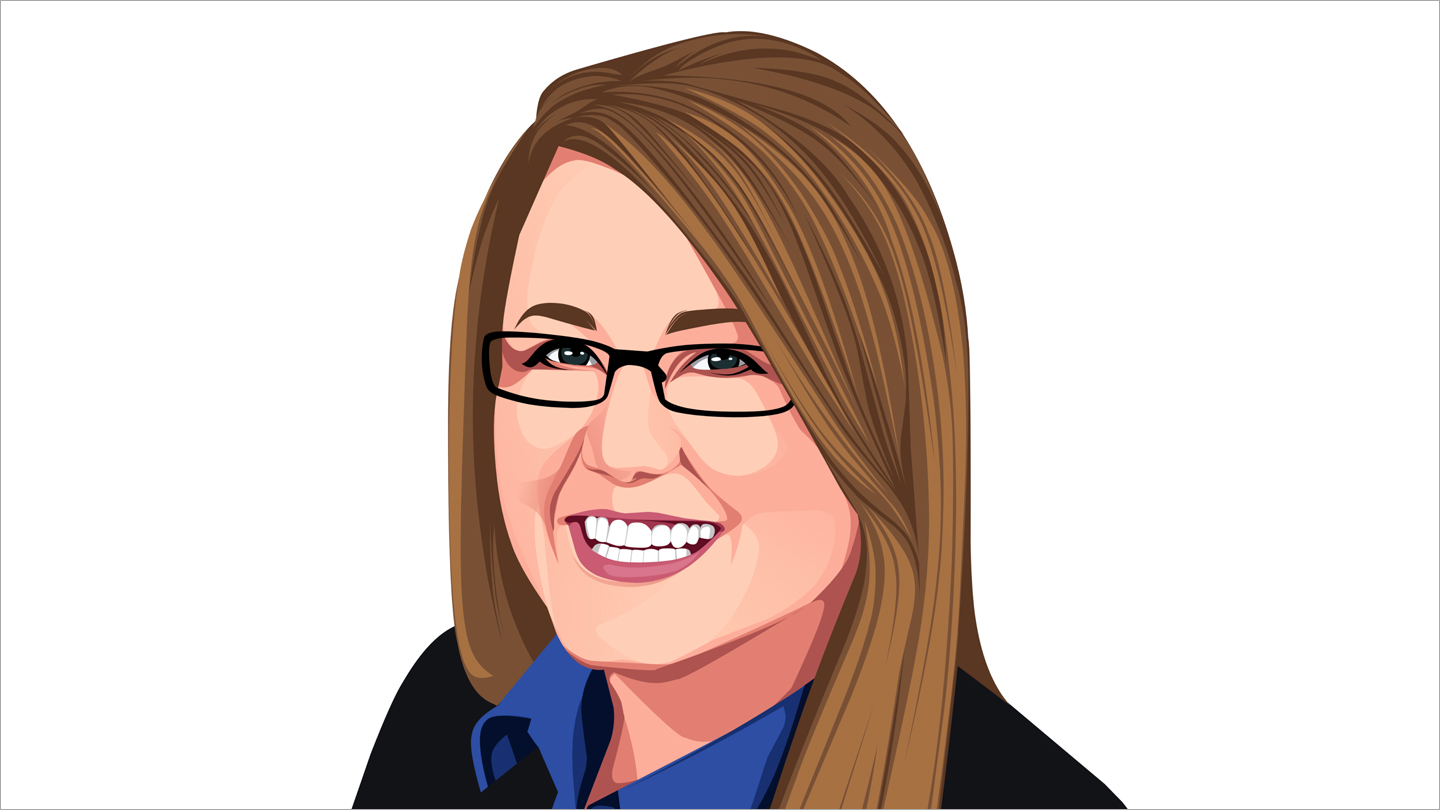Private equity ownership improves home health agency efficiency but raises care questions, study finds
Home health agencies owned by private equity firms are more efficient than others, but the “focus on short-term gains may compromise long-term patient care,” according to the findings of a study published in the journal Science Direct.
Mohammad Ishtiaque Rahman, PhD, an assistant professor of computer information systems at Thomas More University in Crestview Hills, KY, compared care quality, patient outcomes and operational efficiency of home health agencies owned and not owned by private equity firms by examining data from the Centers for Medicare & Medicaid Services’ Home Health Compare dataset covering 2017 to 2023.
Each model of ownership has positive and negative effects, he found.
“PE-owned HHAs generally outperformed non-PE-owned agencies in metrics such as timely care initiation and patient improvement in mobility and self-care. However, they underperformed in areas related to long-term outcomes, such as timely physician-recommended medication actions, preventable readmission rates and discharge to the community,” he wrote.
Rahman concluded that private equity’s focus on short-term gains may compromise the long-term sustainability of quality care.
His findings jibe with those in a Senate Budget Committee report on private equity investment in hospitals published earlier this month.
“Private equity has infected our healthcare system, putting patients, communities and providers at risk,” Committee Chair Sen. Sheldon Whitehouse (D-RI) said. “As our investigation revealed, these financial entities are putting their own profits over patients, leading to health and safety violations, chronic understaffing and hospital closures.”
The number of healthcare businesses purchased by private equity firms increased from 352 in 2010 to 937 in 2020 in deals totaling $806 billion, according to a report published this month by the US Department of Health and Human Services. The transactions were related to care provision for older adults and disabled individuals, inpatient and outpatient services and pharmaceuticals.
Private equity’s involvement in skilled nursing and assisted living recently has been the target of several state and federal bills. An analysis of California assisted living community and nursing home data, however, challenged the belief that care standards decline after changes of ownership and private equity-funded mergers and acquisitions.











